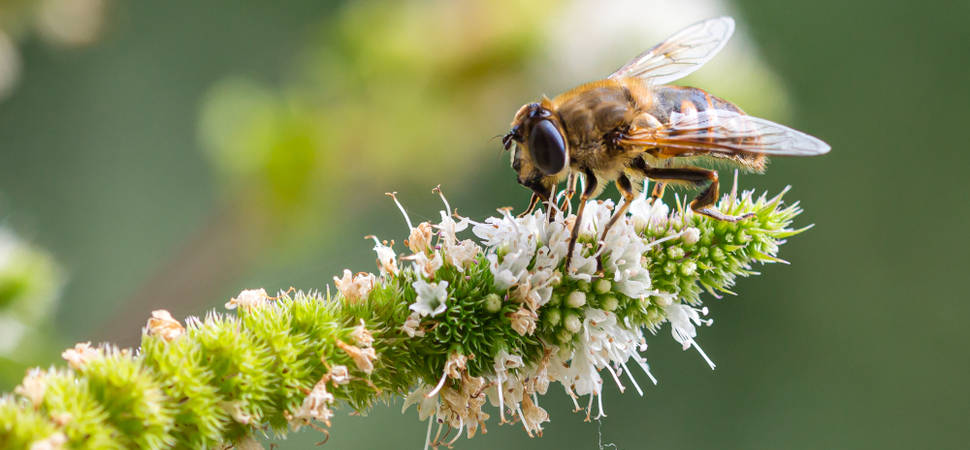
"Biodiversity loss represents a huge existential threat to thousands of businesses in the F&B sector, and its a nightmare that many are sleepwalking into."
Sharon Fishburne
As supply chain issues batter the world economy, consumers may have seen the difference on the shelves. You may have struggled to find your favourite snacks on the shelves, and those heading out to restaurant chains may have noticed menu items missing. However, most sources say these are temporary issues.
What this does offer is a very real vision of what the food and beverage industry might look like in the future, if we don’t take the issue of biodiversity seriously. Biodiversity loss represents a huge existential threat to thousands of businesses in the F&B sector, and it’s a nightmare that many are sleepwalking into.
The problem
Biodiversity, in its simplest sense, is all life on our planet. It’s every plant, animal, insect and microbe that make up the ecosystems on Earth. It ultimately supports our well-being by providing food, water, a stable climate, equitable supply chains, medicine and more.
While climate change is an issue that is at the front and centre of modern life, biodiversity is an important facet that is not often mentioned in the same breath. Only when businesses start investing in preventing this issue can they truly feel secure about their future. A recent study by Swiss Re estimated that more than half of global GDP depends on high-functioning biodiversity and ecosystem services.
For starters, agricultural diversity provides not only our food but also the maintenance of soil fertility, biota and water conservation. In addition, nearly a third of the world’s land area is used for food production. By providing these important services to our ecosystem, biodiversity helps to control pests and cycle nutrients. All of this serves to make our food and beverage production cheaper, as well as more stable and efficient.
As the raw materials for the food and beverage industry at their core come from agriculture, protecting biodiversity is therefore vital to their survival. According to a report by the Royal Botanic Gardens at Kew, 40% of the world’s plant species are at risk of extinction. This is a very real problem for the food and beverage industry, which relies on biodiversity from the top of its supply chain to the bottom.
What can be done?
There are many different steps that businesses in the industry can take, but they must act now. It can seem like an easy solution to just throw money at a problem, but this isn’t always the best way to do things.
One way that companies in the industry can help prevent biodiversity loss is by partnering with other organisations. For example, the Scottish Event Campus has funded the planting of over 68,000 trees at Dundreggan since launching a partnership with Trees for Life, a conservation charity devoted to rewilding the Scottish Highlands.
Similarly, one of the best ways to tackle biodiversity is to get involved with the researchers trying to find solutions to the problems. For example, the University of Cambridge run the Turner Fellowship Programme, which brings together researchers, academics, and people from across various industries to try and drive forward the public policy discussions around biodiversity.
Besides giving money, there are more direct ways your business can protect our diverse ecosystems. For example, some companies across the globe have built nature parks on the roofs of their office or in the place of car parks. By filling these parks with trees, plants, and animals, they are directly doing their part to add diversity back into the ecosystem.
Similarly, with the rise in home working and employees spending more time in the garden, bosses could encourage them to create a more hospitable environment for plants and animals, such as by creating deadwood piles as shelter, or by planting native wildflowers.
As you can see, there are countless ways that businesses in the food and beverage industry can help protect our planet, and it’s no longer acceptable to do nothing. For the sake of their own industry, others, and our lives on Earth, they must start doing their part to protect biodiversity.




